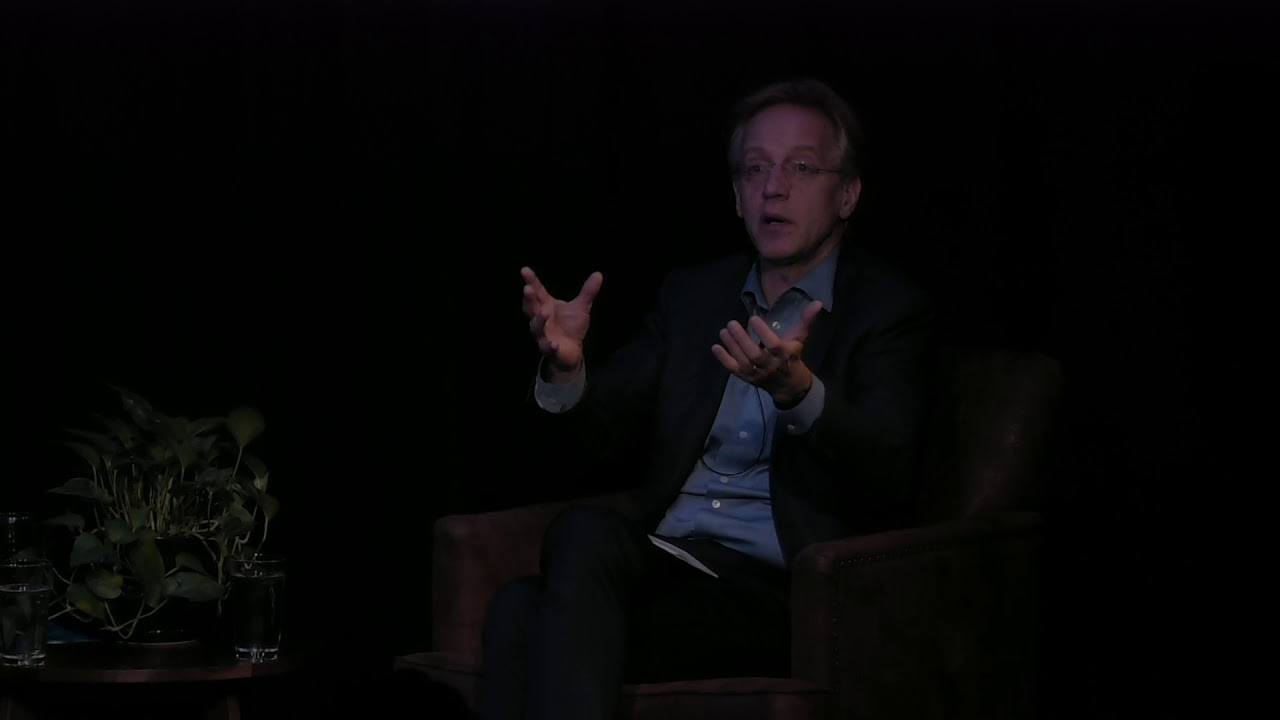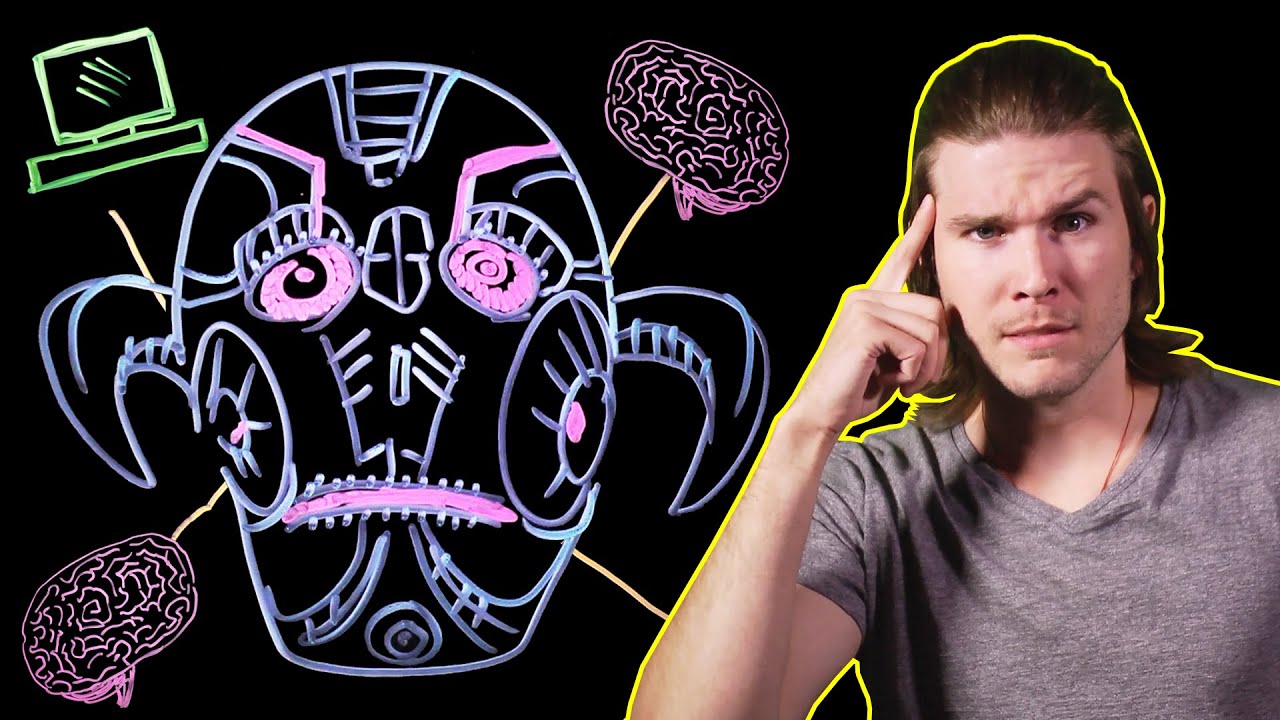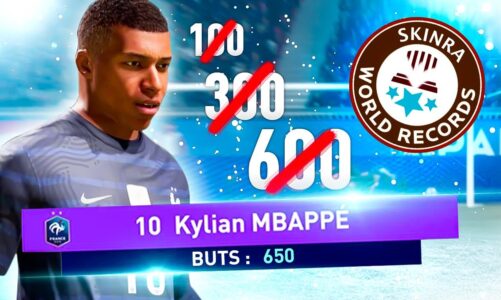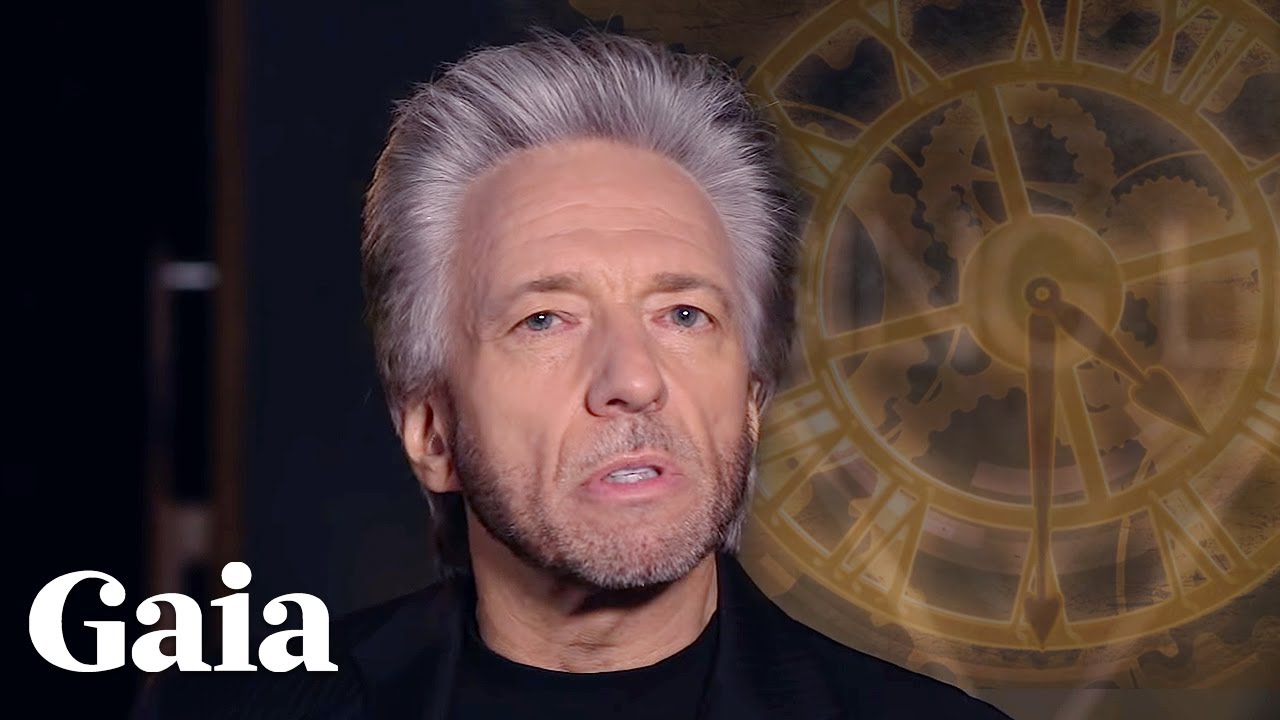YHouse
February 13, 2018 at Caveat in New York City.
How can we see things that aren’t there (yet)? How can we know what we do not know? Imagination and curiosity are powerful mechanisms by which the human mind explores the unknown and creates new worlds. What are the similarities and differences of imagination in the sciences and the arts? And what are the consequences for education?
Speakers:
Robbert Dijkgraaf, Director and Leon Levy Professor of the Institute for Advanced Study since 2012, is a mathematical physicist who has made significant contributions to string theory and the advancement of science education. He is President of the InterAcademy Partnership, a past President of the Royal Netherlands Academy of Arts and Sciences, and a distinguished public policy adviser and advocate for science and the arts. For his contributions to science, he has received the Spinoza Prize, the highest scientific award in the Netherlands, and has been named a Knight of the Order of the Netherlands Lion. He is a member of the American Academy of Arts and Sciences and the American Philosophical Society. He is also a trained artist, writer, and popular lecturer.
Pia de Jong is an award-winning Dutch writer who moved with her family to Princeton in 2012. Her most recent book is Saving Charlotte: A Mother and the Power of Intuition. “Simply a beautiful book, impossible to put down, clear as a jewel and flawless in its depths”—Richard Preston. Pia writes a weekly column in the Dutch newspaper NRC Handelsblad about her life in the USA. She is a regular contributor to The Washington Post.
YHouse, Inc. is a nonprofit institute in New York City devoted to innovative and transdisciplinary research, intellectual partnership, and public discourse tackling humanity’s greatest questions on awareness, consciousness, and the future of intelligence.
Source



